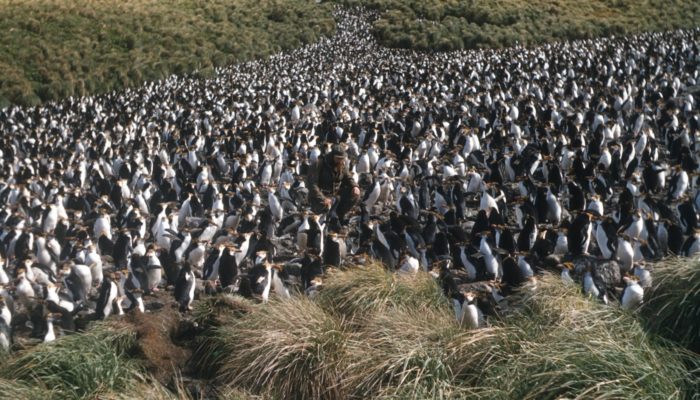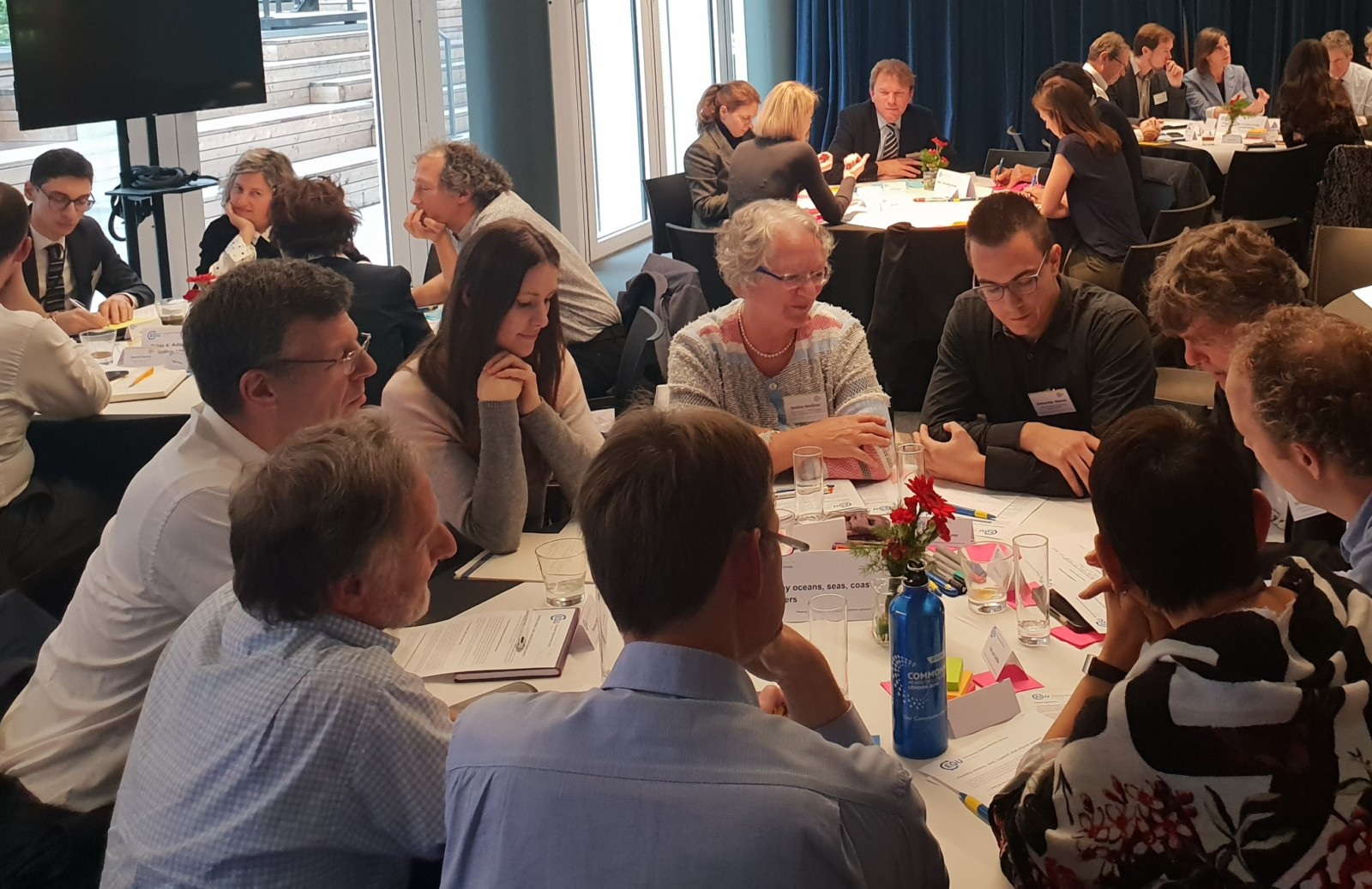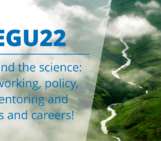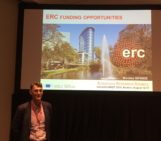
There are numerous reasons why we should want to build stronger and more diverse scientific communities. Greater inclusivity leads to innovation, expands the pool of ideas, broadens perspectives, and encourages more people to engage. Strong and diverse scientific communities allow us to go beyond the information we can produce on our own and scale our research outcomes. But one reason not often cited is that it can support the integration of science into the policymaking process and promote evidence-informed decisions!
What is a scientific community?
Scientific communities can be created on different levels and scales. Some expert communities focus on a large overarching area while others focus on a specific research area or topic. For example, while the EGU is a community of geoscientists, we also foster smaller communities through our Divisions, Committees, EGU Pride Group, blog curators, and Working Groups! While some of these communities are formalised, others are informal with members simply joining as and when they can. There is also a wide range of activities and opportunities that are offered by different scientific communities. These can range from online support, informal or formal resources, grants, events, publications, networking, and the opportunity to develop your skills in an area that you might not have the opportunity to otherwise.
Understanding the value of communities in science for policy
Researchers working on the science-policy interface also need strong and diverse communities. One of the most time-consuming aspects of science for policy is keeping up to date on policy news and upcoming legislation to better understand what and when to contribute. Working within a community of scientists enables a division of labour so that this information can be found and shared in less time.
Strong and diverse scientific communities enable scientists who are working on a particular policy issue to draw from a wider pool of knowledge than they would have to access otherwise. This enables them to see a bigger picture, incorporate a diverse range of relevant information and ideas, reduce duplication, and find areas of consensus. All this ideally leads to greater strategic alignment, increased efficiency, and a higher quality of work! The more diverse the community of scientists is, the stronger it is.
As Lene Topp, a Policy Analyst working within the European Commission’s Joint Research Centre recommends,
“Champion diversity. No single discipline has all the answers to today’s complex policy challenges.”
Expanding scientific communities beyond researchers
One of the many benefits of engaging with your scientific community is the opportunity it gives you to expand your network and create new collaborations. Many areas of science benefit from a connection with external stakeholders but this is particularly true when trying to engage with the policymaking process. Science for policy is a team sport and connecting with non-policy, non-academic stakeholders can widen your perspective and provide a more well-rounded engagement opportunities that can also increase your position or statement’s legitimacy. Introducing policymakers to your community and activities can also be incredibly beneficial as it can help to build trust and enable you to gain a better understanding of their needs and future working areas.

Round table discussions between scientists and policymakers during the 2019 EGU Science for Policy event in Brussels
Steps to building stronger and diverse communities on the science-policy interface
Although there are numerous benefits to creating, expanding, and participating in scientific communities, they can take time to foster and grow. It is important for scientific communities and their activities to consider common goals and strategically assess how these can be achieved. This includes understanding where the community’s strengths and weaknesses are and what the members of your community value and are interested in. Before engaging in a policy issues, scientific communities should also gather information about the policy landscape that they would like to interact with, assess whether they have a diverse enough membership base (and consider how they can strengthen this), and who the relevant policymakers and stakeholders to connect with are. The Top 10 science for policy resources recommended by the EGU’s Science for Policy Working Group may help provide guidance in these areas.
Finally, it’s vital for scientific communities to have well-established procedures and a user-friendly digital environment to exchange knowledge and share ideas. Participating in a community takes time, during which members are unable to directly contributing to their research projects and publications. It’s therefore vital that they see value in their community involvement and in the support and opportunities that it provides.




